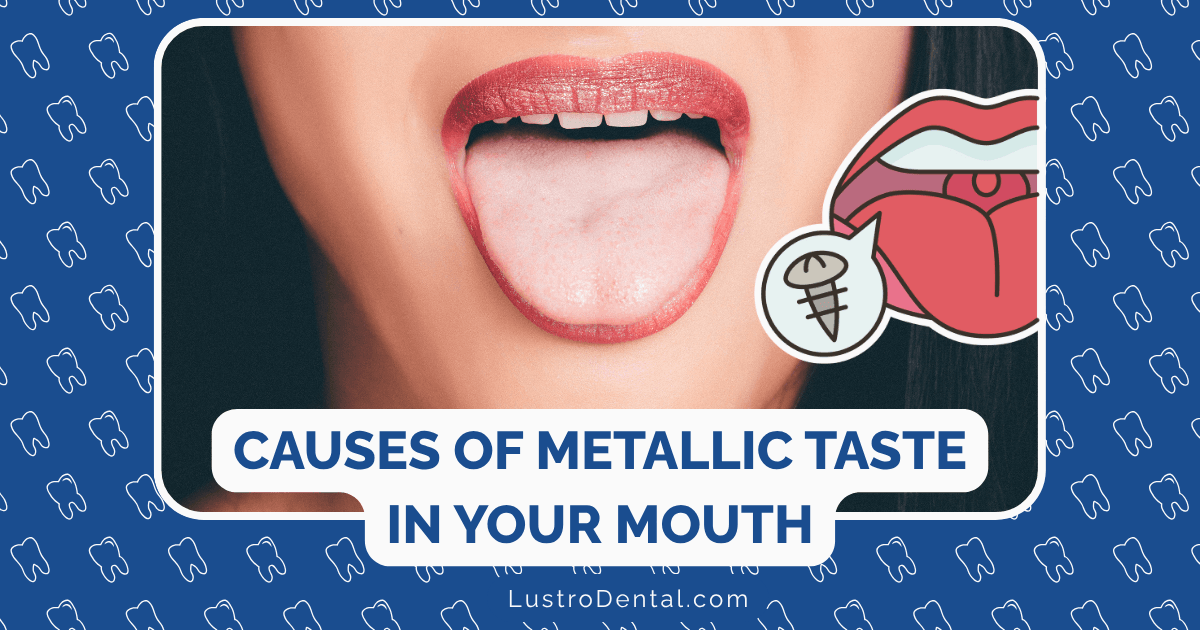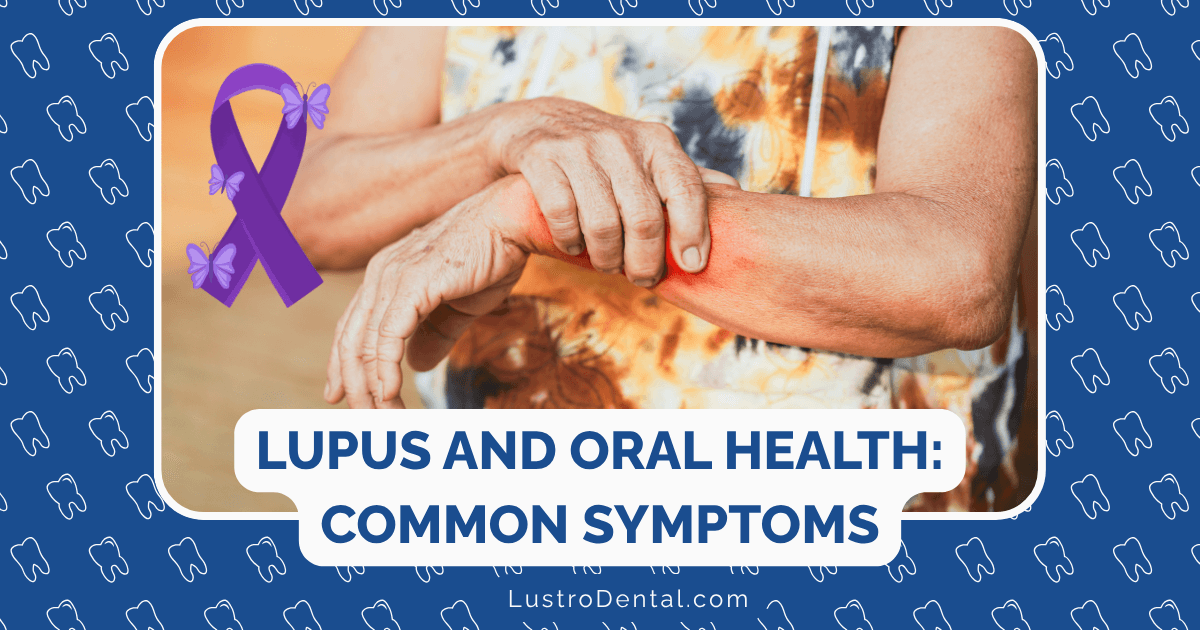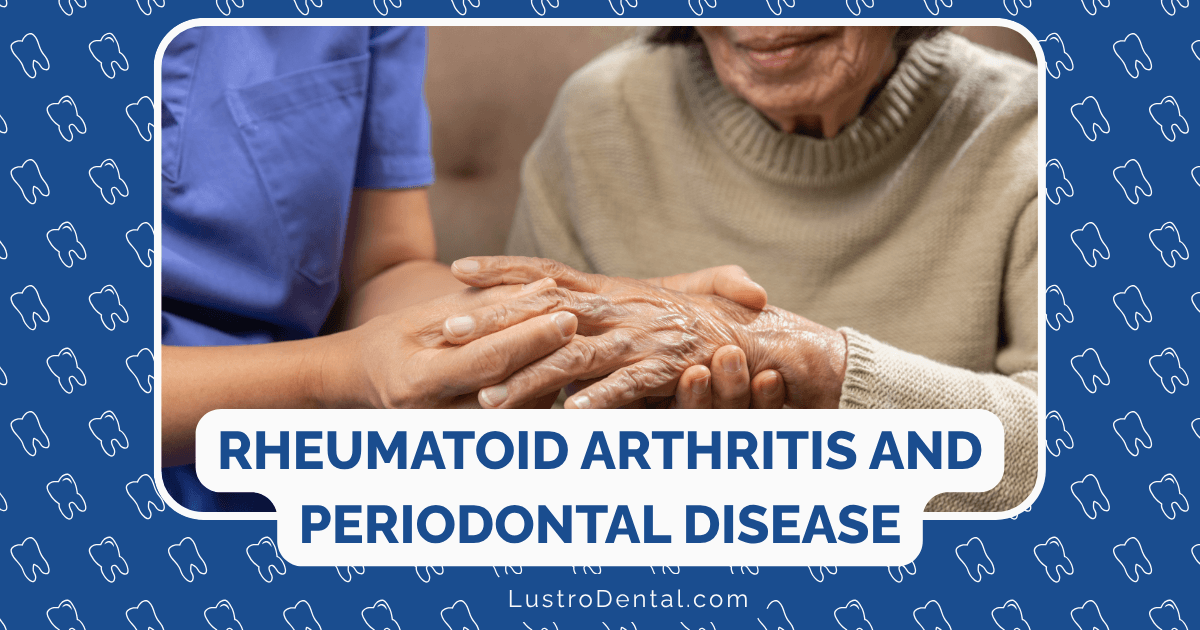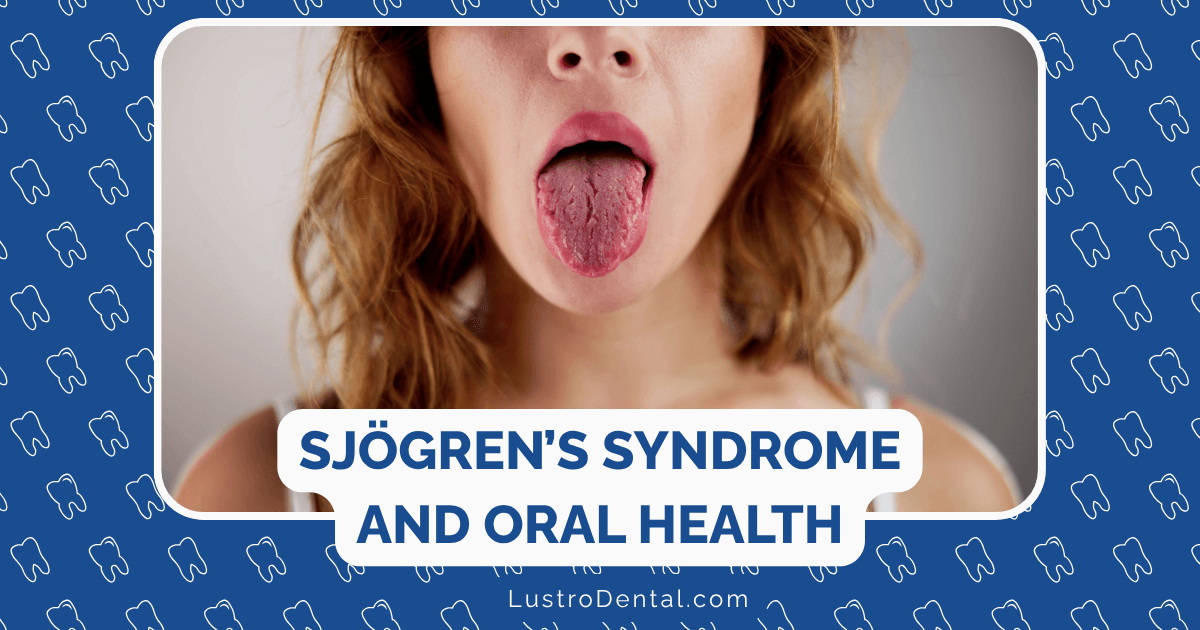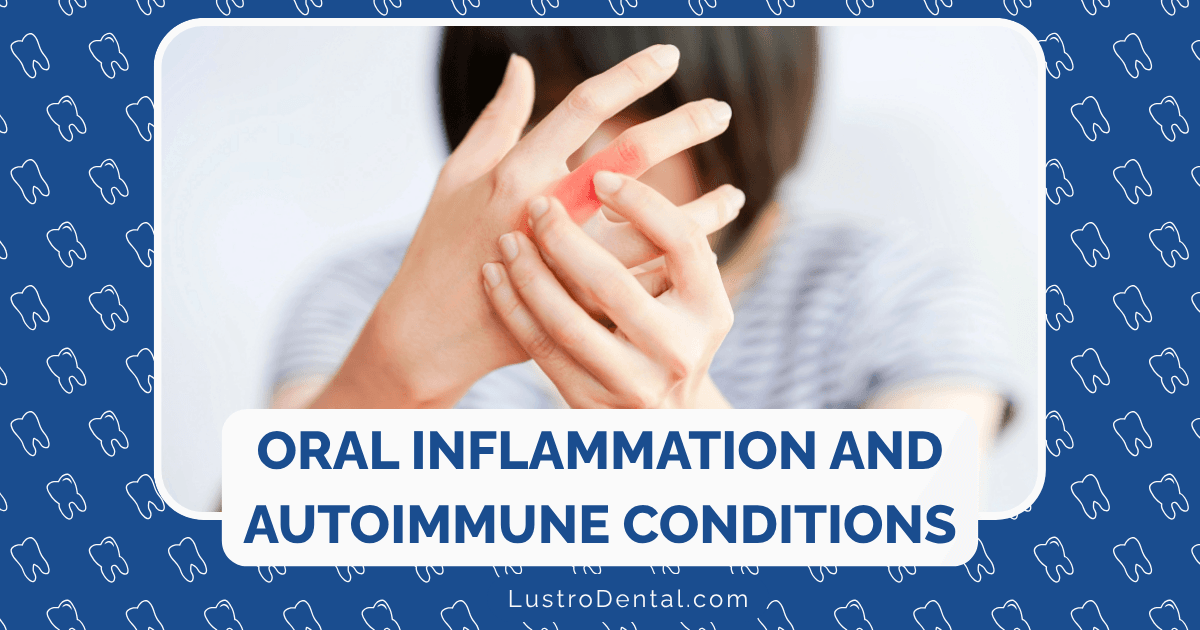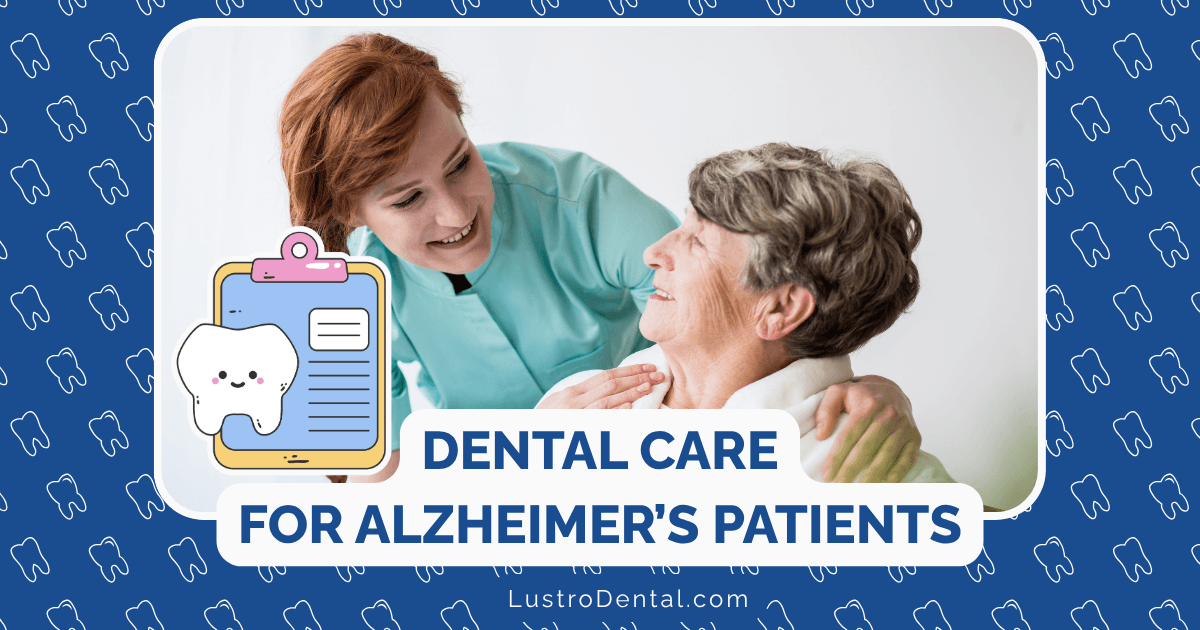Reducing Overall Inflammation Through Improved Oral Health
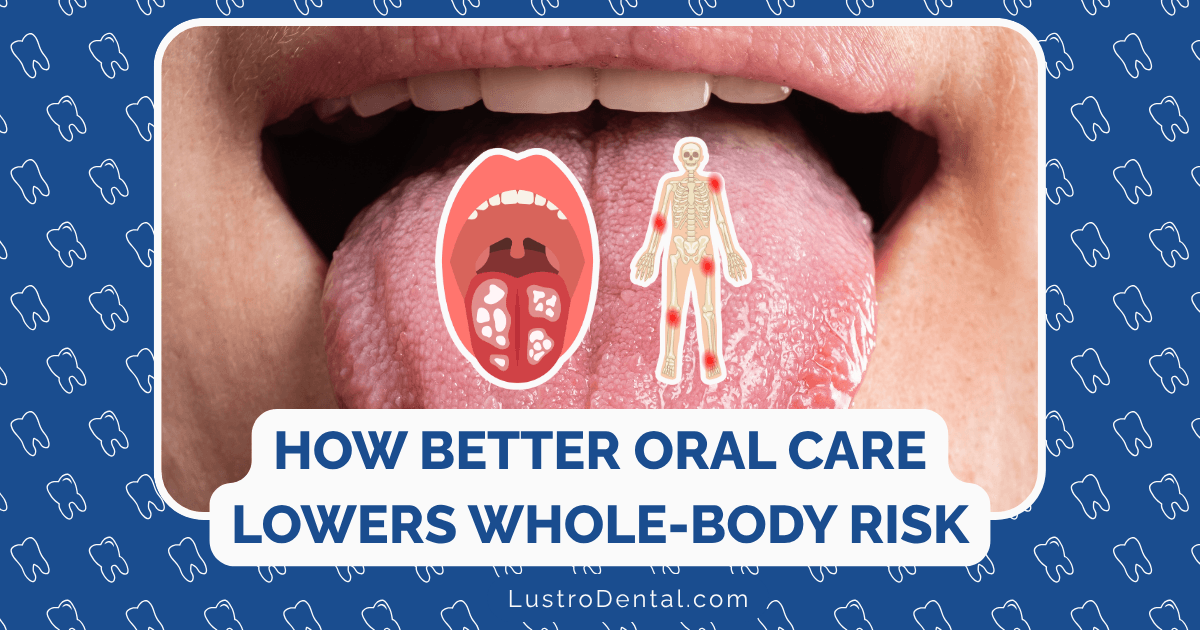
For decades, we’ve understood oral health primarily in terms of preventing cavities and maintaining a bright smile. However, emerging research reveals a far more profound connection: the state of your mouth may significantly impact inflammation throughout your entire body.
As a dental health advocate who has followed this research closely, I’ve observed how this paradigm shift is transforming both dentistry and medicine. The mouth is no longer viewed as an isolated system but rather as a gateway that can either protect or compromise your overall health.
In this comprehensive guide, I’ll explore the fascinating connection between oral health and systemic inflammation, and share evidence-based strategies for leveraging improved oral care to potentially reduce inflammation throughout your body.
Understanding the Oral-Systemic Connection
Before diving into specific strategies, it’s essential to understand how oral health and systemic inflammation are interconnected.
The Inflammatory Burden
Inflammation serves as the common denominator linking oral conditions to systemic health. According to research published in Science Direct, periodontal diseases—particularly periodontitis—are chronic inflammatory conditions that extend far beyond the oral cavity.
Dr. Sarah Chen, an immunologist specializing in inflammatory disorders, explains: “The mouth contains upward of 2,000 bacterial species. When these microbial communities become imbalanced, the resulting inflammation doesn’t remain confined to the oral cavity. It can trigger or exacerbate inflammatory processes throughout the body.”
This concept of “inflammatory burden” suggests that each source of inflammation in your body—including gum disease—contributes to your overall inflammatory load. Reducing inflammation in one area, such as your mouth, may help decrease total body inflammation.
Mechanisms Linking Oral Health to Systemic Inflammation
Several pathways connect oral health to systemic inflammation:
1. Direct Bacterial Spread
Bacteria from periodontal infections can enter the bloodstream through inflamed and bleeding gums. Research from the National Center for Biotechnology Information highlights that specific oral bacteria, including Porphyromonas gingivalis and Fusobacterium nucleatum, have been detected in distant body sites and linked to various systemic conditions.
2. Inflammatory Mediators
Periodontal disease triggers the release of pro-inflammatory cytokines such as interleukin-1 (IL-1), interleukin-6 (IL-6), and tumor necrosis factor-alpha (TNF-α). These inflammatory molecules enter the bloodstream and can promote inflammation in distant tissues and organs.
3. Immune Response Alteration
Chronic oral inflammation may alter immune function, potentially leading to dysregulated immune responses throughout the body. This can contribute to or exacerbate autoimmune and inflammatory conditions.
4. Shared Risk Factors
Many risk factors for periodontal disease—including smoking, poor diet, stress, and aging—also contribute to systemic inflammatory conditions, creating a compounding effect.
Conditions Linked to Oral Inflammation
The impact of oral inflammation extends to numerous systemic conditions:
- Cardiovascular disease: Periodontal bacteria have been found in atherosclerotic plaques, and gum disease is associated with increased risk of heart attack and stroke
- Diabetes: Bidirectional relationship where periodontal disease can worsen glycemic control, and diabetes increases risk of gum disease
- Rheumatoid arthritis: Shared inflammatory pathways and potential role of P. gingivalis in citrullination, a process implicated in RA
- Alzheimer’s disease: Emerging evidence of oral bacteria in brain tissue and potential contributions to neuroinflammation
- Respiratory conditions: Aspiration of oral bacteria may contribute to pneumonia and exacerbate COPD
- Adverse pregnancy outcomes: Including preterm birth and low birth weight
Dr. Michael Rodriguez, a periodontist with a focus on systemic health, notes: “What’s particularly concerning is that nearly half of American adults have some form of periodontal disease, and many are completely asymptomatic. This means millions of people have a significant source of inflammation that they’re entirely unaware of.”
Evidence-Based Strategies for Reducing Inflammation Through Oral Health
Now that we understand the connection, let’s explore practical strategies for improving oral health to potentially reduce systemic inflammation.
1. Professional Periodontal Treatment
Perhaps the most direct approach to reducing oral-related inflammation is through professional periodontal treatment.
Non-Surgical Periodontal Therapy
Research published in PubMed indicates that non-surgical periodontal therapy (NSPT) can significantly reduce inflammatory markers. This typically involves:
- Scaling and root planing: Deep cleaning to remove plaque and tartar from below the gumline
- Localized antibiotic therapy: To target persistent bacterial infections
- Professional polishing: To remove surface stains and biofilm
Clinical Benefits Beyond the Mouth
Studies have demonstrated that periodontal treatment may improve markers of systemic inflammation and related conditions:
- Reduced C-reactive protein (CRP): A key marker of systemic inflammation
- Improved endothelial function: Benefiting cardiovascular health
- Better glycemic control: In patients with diabetes
- Decreased rheumatoid arthritis symptoms: Including reduced disease activity scores
According to the University of Colorado School of Dental Medicine, addressing periodontal disease promptly can potentially reduce the risk of serious conditions like heart attack and stroke by eliminating this source of chronic inflammation.
2. Enhanced Daily Oral Hygiene Practices
Consistent, thorough oral hygiene is fundamental to reducing oral inflammation.
Evidence-Based Techniques
- Brushing: Twice daily for two minutes with a soft-bristled toothbrush and fluoride toothpaste
- Interdental cleaning: Daily flossing or use of interdental brushes to remove plaque between teeth
- Tongue cleaning: To reduce bacterial load on the tongue surface
- Antimicrobial mouth rinses: Particularly beneficial for those with active gingivitis or periodontitis
Dr. Jennifer Lee, a dental researcher specializing in preventive dentistry, advises: “The timing of oral hygiene is just as important as the technique. Brushing after meals helps remove food particles that feed bacteria, but wait 30-60 minutes after consuming acidic foods or beverages to avoid damaging softened enamel.”
Technology-Enhanced Home Care
Consider incorporating evidence-supported technologies:
- Electric toothbrushes: Particularly oscillating-rotating designs that have shown superior plaque removal
- Water flossers: Especially beneficial for those with orthodontic appliances, implants, or bridges
- Oral irrigators with antimicrobial solutions: To reduce bacterial load in periodontal pockets
- Plaque-disclosing agents: To visualize and target areas of plaque accumulation
3. Anti-Inflammatory Dietary Strategies
Diet plays a dual role in oral and systemic inflammation, both directly affecting the oral environment and influencing systemic inflammatory processes.
Foods to Emphasize
According to Sola Dental Spa, the following nutrients and food sources can help combat inflammation:
- Omega-3 fatty acids: Found in fatty fish, flaxseeds, and walnuts; have direct anti-inflammatory effects
- Antioxidants: Colorful fruits and vegetables neutralize free radicals and reduce oxidative stress
- Vitamin C: Supports collagen production and gum health; found in citrus fruits, berries, and bell peppers
- Vitamin D and calcium: Support bone health, including the alveolar bone that anchors teeth
- Polyphenols: Plant compounds with anti-inflammatory properties found in green tea, berries, and dark chocolate
Foods to Limit
Certain dietary elements can promote inflammation and should be minimized:
- Refined carbohydrates and added sugars: Fuel bacterial growth and promote inflammation
- Processed foods: Often high in pro-inflammatory omega-6 fatty acids, trans fats, and advanced glycation end products (AGEs)
- Acidic beverages: Erode enamel and can exacerbate gum inflammation
- Alcohol: Can dry the mouth and alter the oral microbiome
Dr. Rodriguez emphasizes: “Hydration is often overlooked but critically important for oral health. Water helps rinse away food particles and bacteria while supporting saliva production. Saliva contains enzymes that neutralize acids and proteins that fight bacteria.”
4. Lifestyle Modifications
Several lifestyle factors significantly impact both oral inflammation and systemic inflammatory load.
Tobacco Cessation
Smoking and other tobacco use is perhaps the most significant modifiable risk factor for periodontal disease and is associated with:
- Reduced blood flow to the gums
- Altered immune response
- Impaired healing
- Increased inflammatory markers
Quitting tobacco can lead to notable improvements in gum health, often within weeks to months.
Stress Management
Chronic stress contributes to inflammation through several mechanisms:
- Elevated cortisol levels, which can suppress immune function
- Increased pro-inflammatory cytokines
- Potential neglect of oral hygiene during stressful periods
- Bruxism (teeth grinding), which can damage periodontal tissues
Effective stress reduction techniques include mindfulness meditation, regular exercise, adequate sleep, and social connection.
Regular Dental Visits
According to Washington Perio, regular professional dental care is essential for:
- Early detection of periodontal issues
- Professional removal of calculus (hardened plaque) that cannot be eliminated by home care
- Monitoring of oral health changes that may indicate systemic issues
- Personalized guidance on oral hygiene techniques
For those with active periodontal disease or a history of gum problems, more frequent visits (every 3-4 months rather than every 6) may be recommended.
5. Targeted Supplementation
While a food-first approach is preferred, certain supplements may support oral health and reduce inflammation.
Evidence-Based Supplements
- Probiotics: Specific strains may help balance the oral microbiome and reduce gingival inflammation
- Coenzyme Q10: Some studies suggest benefit for gum health, particularly in those with existing periodontal disease
- Omega-3 fatty acids: May reduce periodontal inflammation when dietary intake is insufficient
- Vitamin D: Important for immune regulation and bone metabolism
Dr. Lee cautions: “Supplements should complement, not replace, fundamental oral care practices. Always discuss supplements with your healthcare providers, as some may interact with medications or have unexpected effects.”
Special Considerations for High-Risk Populations
Certain groups may benefit particularly from focusing on the oral-systemic inflammation connection.
Individuals with Diabetes
The bidirectional relationship between diabetes and periodontal disease is well-established:
- Diabetes increases risk and severity of periodontal disease
- Periodontal disease can worsen glycemic control
- Treating periodontal disease may improve HbA1c levels
For people with diabetes, meticulous oral hygiene and regular professional care are especially important for both oral and systemic health.
Cardiovascular Disease Patients
Given the links between periodontal disease and cardiovascular conditions:
- Patients with heart disease should prioritize periodontal health
- Those with a history of endocarditis may require antibiotic prophylaxis before certain dental procedures
- Periodontal treatment may improve endothelial function and reduce inflammatory markers
Autoimmune Condition Management
For those with autoimmune conditions like rheumatoid arthritis:
- Controlling oral inflammation may help reduce the overall inflammatory burden
- Certain medications may affect oral health (e.g., causing dry mouth)
- Coordination between dental and medical providers is essential
Pregnancy Considerations
Pregnant women experience hormonal changes that can exacerbate gingival inflammation:
- Pregnancy gingivitis affects up to 75% of pregnant women
- Untreated periodontal disease has been associated with adverse pregnancy outcomes
- Second trimester is generally the safest time for dental treatment
Emerging Research and Future Directions
The field of oral-systemic health continues to evolve rapidly, with several promising areas of investigation.
Microbiome Modulation
Research is exploring how to beneficially modify the oral microbiome:
- Targeted probiotics to promote beneficial bacteria
- Prebiotics to support healthy bacterial communities
- Precision antimicrobials that target pathogenic species while sparing beneficial ones
Inflammation Resolution Pathways
Rather than simply suppressing inflammation, newer approaches focus on actively resolving it:
- Specialized pro-resolving mediators (SPMs)
- Nutritional compounds that promote resolution
- Targeted therapies that enhance the body’s natural inflammation-resolving mechanisms
Personalized Oral Health Approaches
Advances in diagnostics are enabling more personalized approaches:
- Salivary diagnostics to detect inflammatory markers and pathogens
- Genetic testing to identify susceptibility to periodontal disease
- Tailored treatment protocols based on individual risk profiles
Conclusion: A Whole-Body Approach to Oral Health
The evidence connecting oral health to systemic inflammation offers a compelling reason to prioritize dental care beyond aesthetics or even cavity prevention. By viewing oral health as an integral component of overall wellness, we gain a powerful lever for potentially reducing total body inflammation.
The strategies outlined here—professional periodontal treatment, enhanced daily oral hygiene, anti-inflammatory dietary choices, positive lifestyle modifications, and targeted supplementation—represent a comprehensive approach to leveraging the oral-systemic connection for better health.
As research continues to illuminate the intricate relationships between oral health and systemic inflammation, one thing becomes increasingly clear: the health of your mouth may be far more consequential than previously recognized. By taking steps to reduce oral inflammation, you may be benefiting not just your smile, but your entire body.
Have you noticed connections between your oral health and overall wellbeing? What strategies have you found most effective for maintaining optimal oral health? Share your experiences in the comments below.


